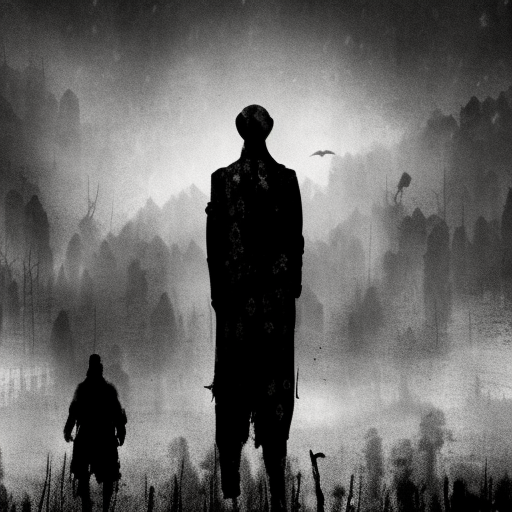One-line summary:
Every Man Dies Alone is a powerful and poignant novel that follows the story of a German couple who resist the Nazi regime during World War II.
The Resistance Begins
In the heart of Berlin during World War II, Otto and Anna Quangel receive the devastating news that their only son has been killed on the front lines. Filled with grief and anger, they decide to take a stand against the Nazi regime by distributing postcards with anti-Nazi messages throughout the city. This act of resistance is their way of fighting back and refusing to be silenced by the oppressive regime.
As the Quangels secretly distribute the postcards, they face constant danger and the threat of being caught by the Gestapo. They navigate the treacherous landscape of wartime Berlin, relying on their wits and the help of a few sympathetic individuals. The couple’s acts of defiance inspire others to question the Nazi propaganda and join the resistance movement.
The Cost of Resistance
As the Quangels continue their resistance efforts, they become acutely aware of the risks involved. They witness the brutal consequences of dissent firsthand, as their friends and acquaintances are arrested, interrogated, and executed. The Gestapo, led by Inspector Escherich, is determined to uncover the identity of the mysterious postcard distributor and crush any opposition to the Nazi regime.
Meanwhile, Otto and Anna’s actions have a ripple effect on the lives of those around them. The novel explores the interconnected stories of various characters, including a young woman named Eva Kluge who becomes involved in the resistance, and a Jewish woman named Else who seeks refuge from the impending Holocaust. Each character grapples with their own moral choices and the devastating impact of living under a totalitarian regime.
The Power of Individual Resistance
Every Man Dies Alone is a testament to the power of individual resistance in the face of overwhelming odds. Despite the Quangels’ small-scale acts of defiance, their actions have a profound impact on the people around them and serve as a reminder that even in the darkest times, there is still hope.
The novel also explores themes of guilt, complicity, and the complexities of human nature. It raises questions about the responsibility of ordinary citizens in the face of injustice and the moral choices they must make. Through the Quangels’ story, author Hans Fallada highlights the importance of standing up for what is right, even when the consequences are dire.
Key Takeaways:
- Resistance can take many forms, even small acts of defiance can have a significant impact.
- Living under a totalitarian regime forces individuals to confront their own moral choices and grapple with guilt and complicity.
- Even in the darkest times, there is still hope and the power to make a difference.
“What good are all your laws, your police, your courts if you can’t depend on them to deliver justice?” – Every Man Dies Alone
Every Man Dies Alone is a gripping and emotionally charged novel that sheds light on the resilience of the human spirit in the face of tyranny. It serves as a reminder of the importance of individual resistance and the power of hope in the darkest of times. Through the Quangels’ story, readers are compelled to reflect on their own capacity for courage and the choices they would make in the face of injustice.












